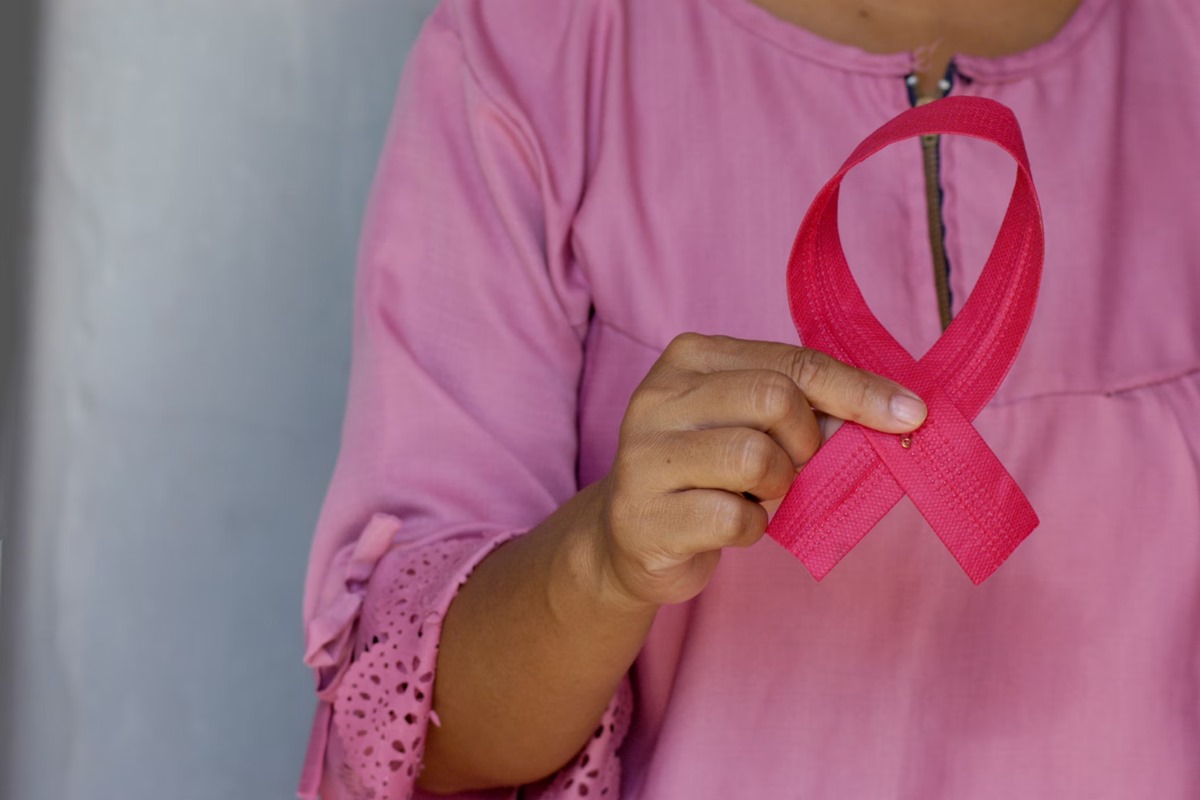Spine disorders on the rise in industrial zone: Doctorss
Sitting postures and lifestyle disorders are the key reasons behind the increasing low back pain difficulties, besides impacts of underlying diseases, said experts.
In this article, we aim to shed light on the symptoms and signs of cancer while debunking some of the most prevalent myths associated with it.

Cancer, a relentless disease responsible for millions of deaths each year, has seen a surge in the number of cases over the last decade. Despite ongoing efforts to increase awareness and understanding of cancer, several persistent myths surrounding the disease continue to circulate. These misconceptions can lead to unwarranted stress and anxiety. In this article, we aim to shed light on the symptoms and signs of cancer while debunking some of the most prevalent myths associated with it.
One widely held belief is that consuming sugar can exacerbate cancer. While it’s true that cancer cells absorb more glucose, there is no scientific evidence to support the claim that sugar directly influences the course of cancer. However, it is crucial to recognize that a diet rich in sugar can lead to weight gain and obesity, which, in turn, increases the risk of developing cancer and other chronic diseases.
Advertisement
A common misconception is that cancer transmits through human contact. In reality, cancer is not contagious. However, in extremely rare cases, individuals who receive tissue or organ transplants from cancer patients may have an increased risk of developing cancer themselves. It’s important to note that sexually transmitted diseases such as HPV and hepatitis B can lead to cancer, but they do not directly cause cancer; they are infectious agents that can trigger the development of cancerous cells.
Advertisement
While herbal medicines can sometimes be used as complementary therapies to manage the side effects of cancer treatment, there is no concrete evidence that herbal remedies can make cancerous cells disappear. It is vital to consult with a medical professional before using alternative medicinal products, as they may have adverse effects on your health, particularly when undergoing radiation or chemotherapy.
There is a widespread belief that the low-frequency radiation emitted by mobile phones can lead to cancer. However, cancer results from mutations in genetic cells, and there is no conclusive evidence linking phone radiation to cancer development. It’s worth noting that certain ionizing radiation sources, like X-rays, can increase the risk of cancer. Nevertheless, studies suggest that the radiation emitted by mobile phones falls into the non-ionizing category, posing no significant cancer risk.
There is no guarantee that an individual will develop cancer simply because their parents or grandparents had it. Hereditary cancer cell mutations account for only 5-8% of cases. In most instances, cancer arises from genetic cell mutations in an individual’s lifetime, typically occurring later in life. However, if you have family members with a history of cancer, it is advisable to undergo regular screenings to detect the disease early and take preventive measures.
Debunking these myths is essential to alleviate unnecessary stress and help individuals cope with the ongoing battle against cancer. Accurate information and awareness can empower people to make informed decisions about their health and well-being.
Advertisement